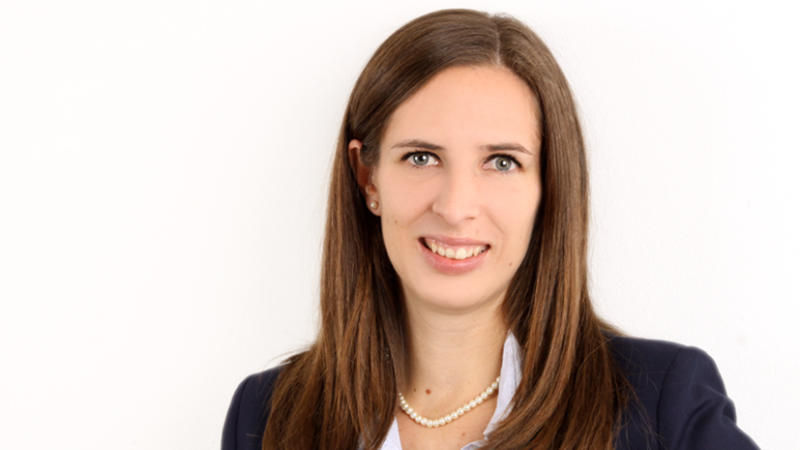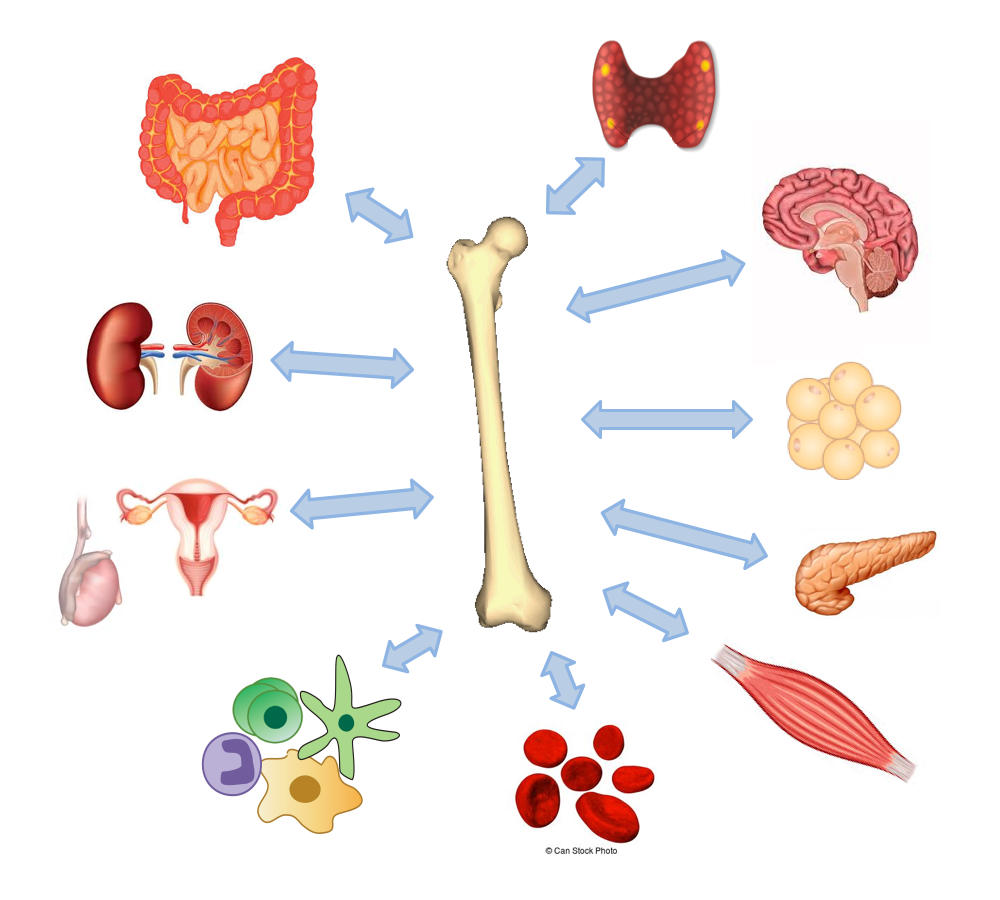Martina Rauner Group
Cell and molecular principles of integrative bone biology

Bone is a highly dynamic tissue that constantly undergoes remodeling to maintain its structure and function. Bone remodeling is a precisely coordinated process requiring osteoclasts, osteoblasts, and osteocytes. As bone interacts with many organs, disturbances in bone metabolism are frequently linked to other co-pathologies (e.g. myelodysplastic syndromes, sarcopenia). Likewise, bone is frequently affected by inflammatory, metabolic, or hematological diseases (e.g. diabetes, thyroid hormone excess, glucocorticoids). Thus, our major research interest is to analyze the cellular and molecular mechanisms in the communication of bone with other organs, thereby, specifically focusing on the Wnt and BMP pathways. Currently, we have four major interests:
(I) Osteoimmunology
In the Osteoimmunology research area, we investigate the interactions between the immune system and bone cells in glucocorticoid- and arthritis-induced bone loss models. A major focus is thereby to define the role of the Wnt pathway in health and disease.
(II) Osteooncology
In the Osteooncology field, we aim to elucidate the underlying mechanisms of bone metastasis forming as a frequent complication within breast and prostate cancer, in particular Dkk1. All activities in this area take place within the DFG research consortium µBONE.
(III) Thyroid hormones and bone
Hyperthyroidism is associated with an increased risk of osteoporosis. In this research area, we study the mechanisms that mediate the high bone turnover in hypothyroidism (Wnts and BMPs) and investigate the role of the thyroid hormone transporter Mct8 in bone remodeling.
(IV) Osteohematology
The bone compartment is frequently affected in hematological disorders including myelodysplastic syndromes. In particular, iron overload negatively impacts on bone. In this area, we are focusing on the mechanisms underlying bone loss due to iron overload and the mechanisms that lead to poor bone quality in myelodysplastic syndromes.
Future Projects and Goals
- Unraveling the underlying mechanisms of inflammatory, hematological, and hormone-mediated bone diseases
- Investigating the role of Wnt and BMP signaling therein
- Understanding the role of Wnt signaling and hypoxia in the bone metastatic process
Methodological and Technical Expertise
- Comprehensive bone phenotyping (µCT, histomorphometry, biomechanics, bone remodeling)
- Bone cell differentiation assays
- Generating and characterizing novel transgenic mouse lines
- Animal models of bone diseases
